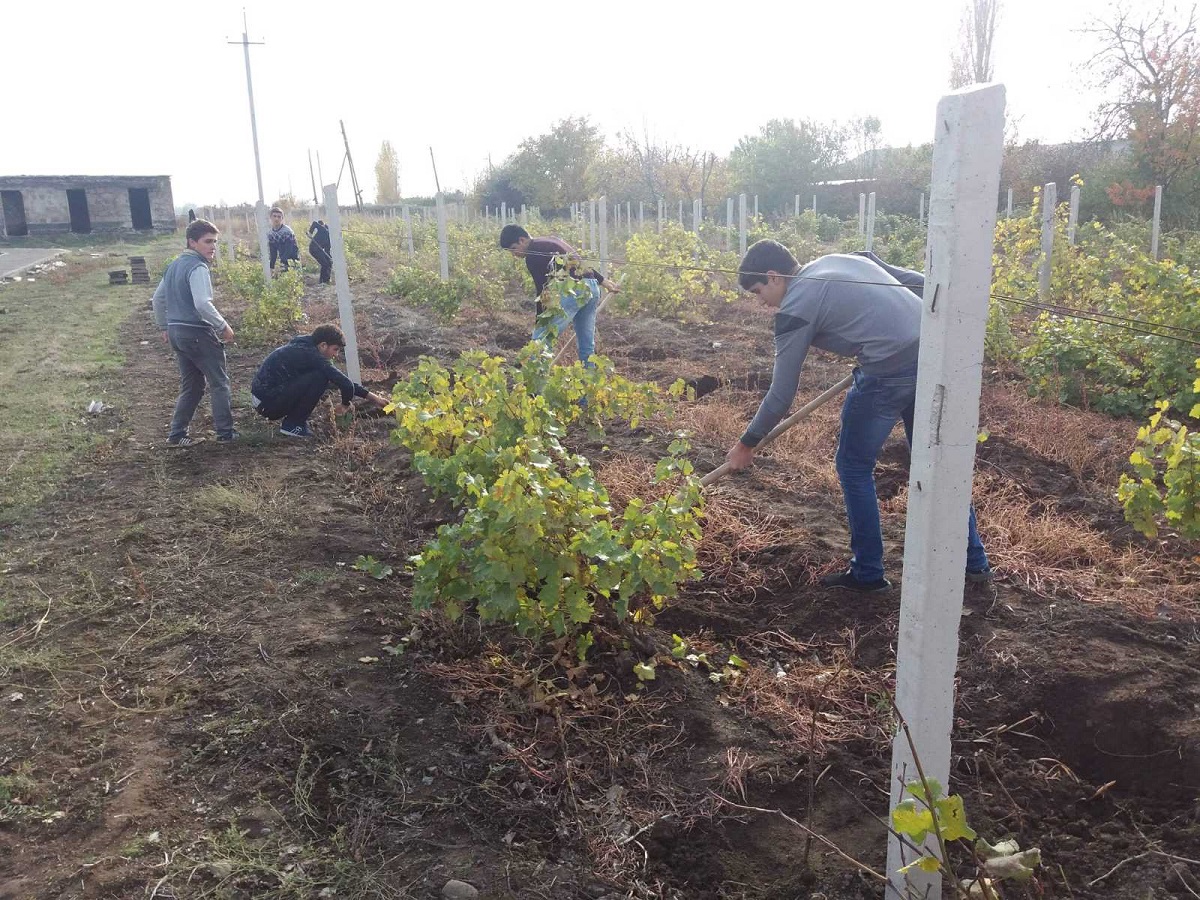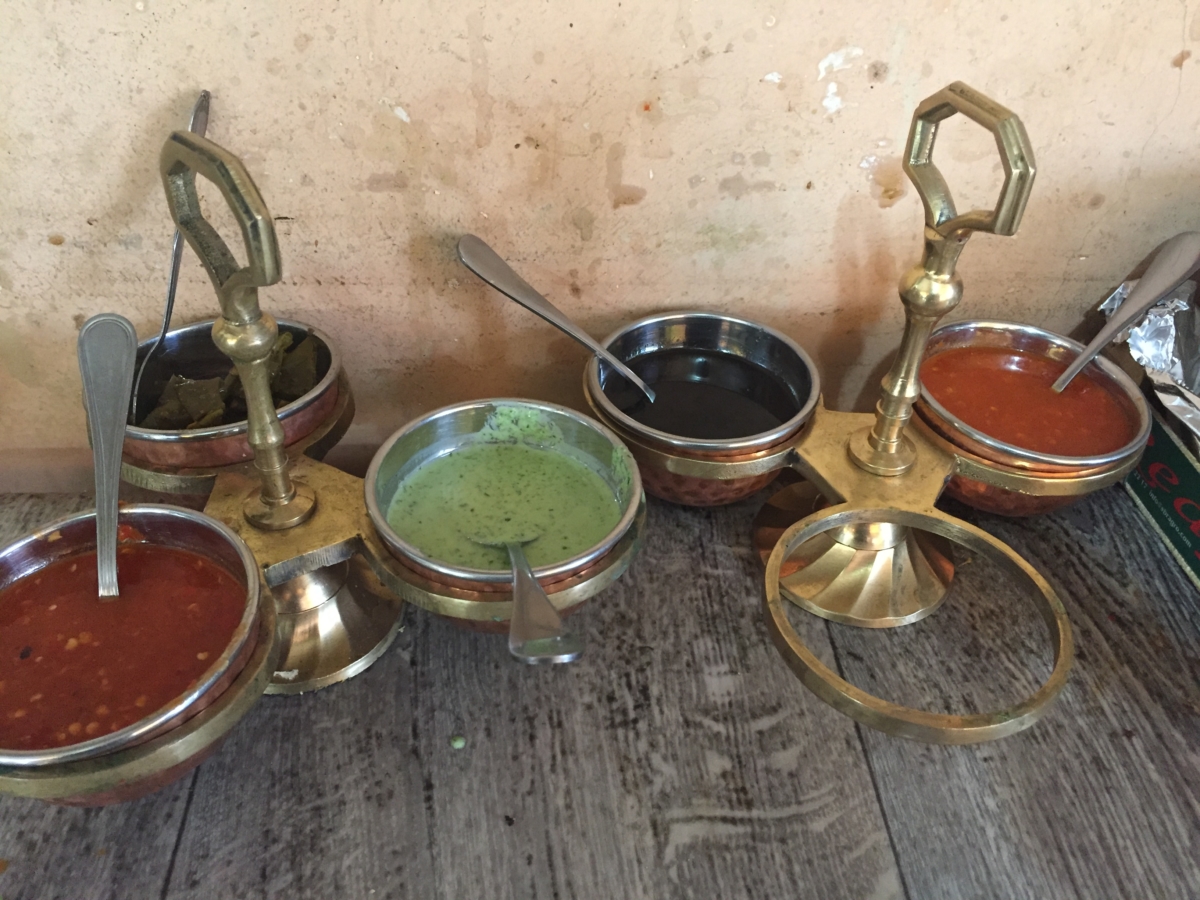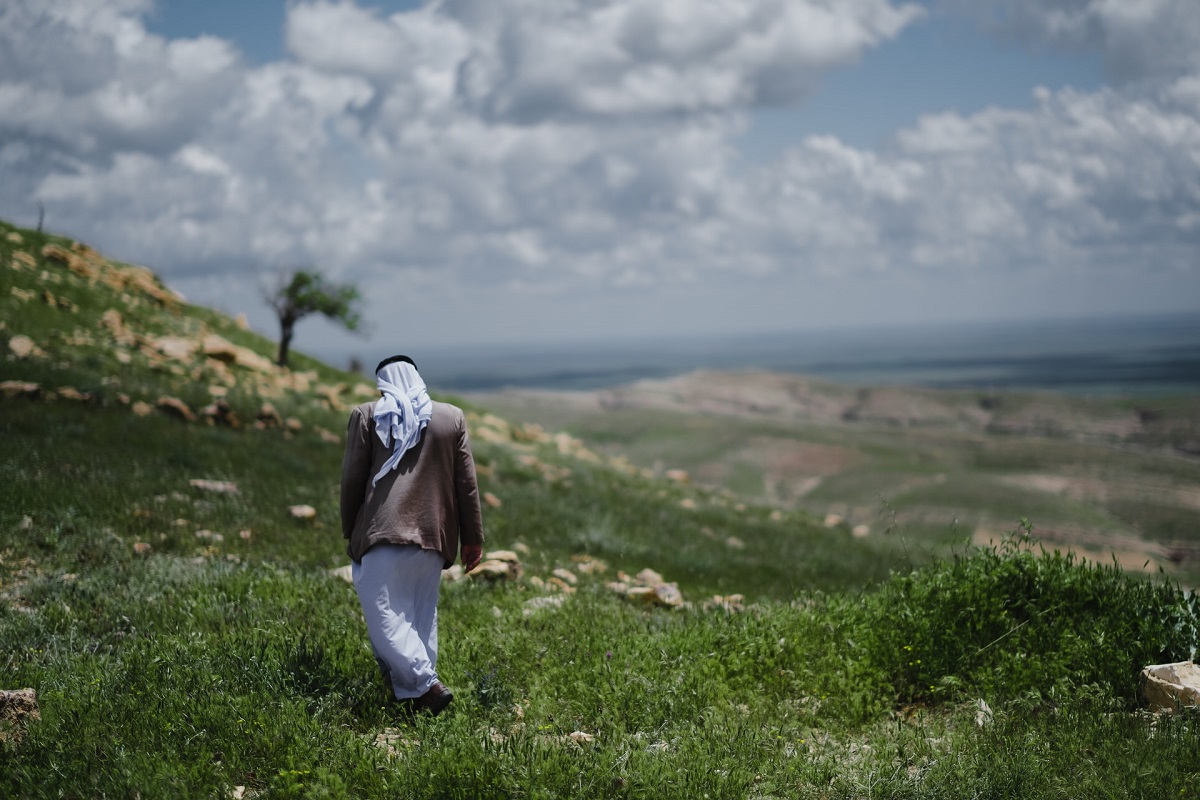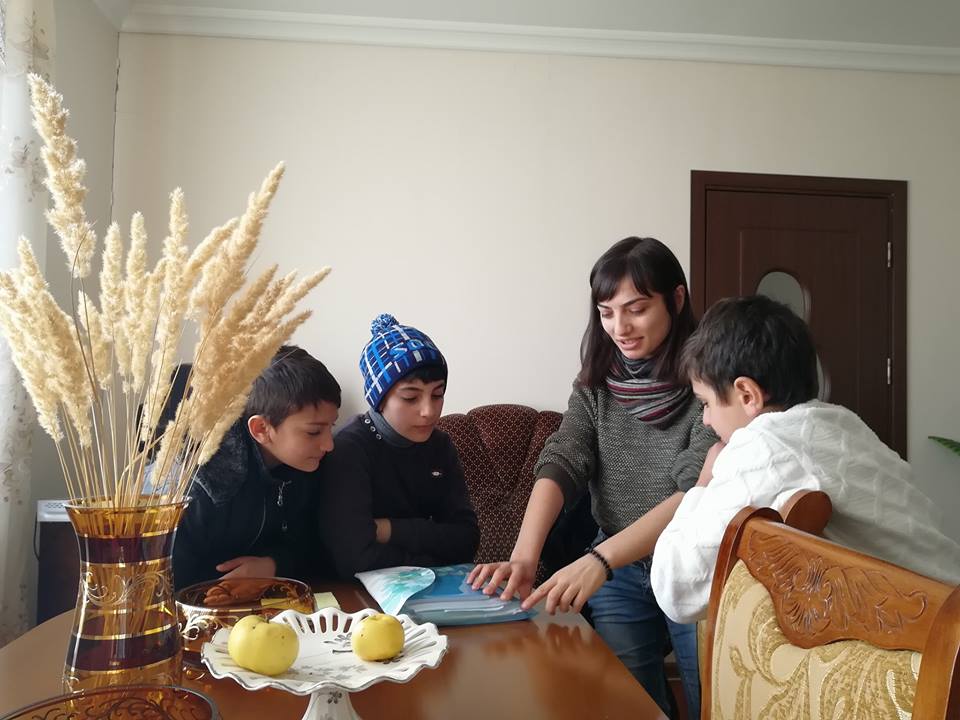Foreigners in Armenian universities: come to study but don't stay to work
Foreigners in Armenian universities
In recent years, an increasing number of foreigners have been coming to study at universities in Armenia. Citizens from India, Russia, Iran, Iraq, and Georgia show more interest in local universities. Medical specialties rank highest on the list of most in-demand fields.
What makes Armenian universities attractive to foreigners? Why is it important to increase the number of international students, and what is the government’s policy on this matter?
- “Investments are needed for the ‘resuscitation’ of education in Armenia” – teachers and experts
- 5,000 Armenian teachers to participate in voluntary certification
- Students who moved to Armenia from NK to receive tuition fee reimbursement
Why do students choose Armenia?
Monash Virman came from India. He is one of those who preferred to pursue medical education specifically in Armenia. He is studying in the fourth year of the medical faculty at the State Medical University.
“I decided to study here because life here is cheaper than in many other countries. Moreover, the education here is of high quality and much cheaper than in India. I pay five thousand dollars per year for tuition in Armenia. If I were studying in India, I would have to pay five times more – 25 thousand. It’s not affordable for me,” explains Virman.
He is also pleased with the opportunity to gain practical experience during studies, which he believes he wouldn’t have in an Indian university.
Education in medical universities in Armenia is cheaper compared to many countries worldwide, confirms education expert Serob Khachatryan:
“Moreover, we maintain good traditions in terms of quality. Medical scientific thought in Armenia was at the highest level even during Soviet times. And now medicine is the most competitive specialty in the field of education. We need to try to take advantage of this competitive edge.”
Trend of increasing number of foreign students
By the end of the 2022-2023 academic year, 5,586 foreign students were enrolled in the bachelor’s programs of Armenian higher education institutions. This figure is slightly lower than the previous two years, but significantly higher than in the years 2011-2019.
| Year | 2011 | 2012 | 2013 | 2014 | 2015 | 2016 | 2017 | 2018 | 2019 | 2020 | 2021 | 2022 |
| Private Universities | 453 | 358 | 597 | 535 | 591 | 719 | 1166 | 1370 | 2187 | 2736 | 2658 | 2850 |
| State Universities | 2583 | 2340 | 3058 | 3112 | 3207 | 3075 | 2685 | 2925 | 2736 | 3160 | 3023 | 2736 |
| Total | 3036 | 2725 | 3655 | 3647 | 3798 | 3794 | 3851 | 4295 | 4923 | 5896 | 5681 | 5586 |
38 percent of all foreign students, which is 2,127 individuals, are ethnic Armenians, representatives of the Armenian diaspora. However, compared to previous years, the percentage of diaspora Armenians among foreign students has decreased. In 2019, they accounted for 45 percent of all international students.
According to the data of the Statistical Committee, in recent years there has been an increased interest among foreigners in the private and international higher education institutions operating in Armenia. In the 2022-2023 academic year, the number of students in these institutions reached 2,850 individuals. This is the highest figure in 12 years.
“The more foreign students we have, the more opportunities will arise for the development of universities. This way, we can integrate into global education. Today, many countries make efforts to attract foreign students. It is a great honor for any country to have foreign students,” explains Serob Khachatryan.
Where do students come from the most?
Currently, citizens from over 50 countries are receiving education in Armenian universities. According to data from 2022, among all foreign students enrolled in state and private universities:
• 39 percent came from India,
• 22.7 percent came from Russia,
• 14.9 percent came from Georgia,
• 5.8 percent came from Syria,
• 4.7 percent came from Iran,
• 3.4 percent came from Iraq.
The number of young people coming to study from India has significantly increased in recent years: from 1 student in 2011 to 2184 in 2022. The majority of them (1,607 students) are studying in private and international universities.
Which specialties do foreigners prefer to study?
To clarify which universities and professions foreigners prefer, we sent a written request to the Ministry of Education. Detailed statistics for the 2021-2022 academic year are available on the ministry’s website. To analyze the situation, we asked for similar statistics for previous years.
In response, the Ministry provided data from the Statistical Committee. However, the list does not include data regarding foreigners studying in undergraduate programs. The Statistical Committee stated that they do not compile such statistics for undergraduate studies; they can only provide data for master’s and doctoral programs.
Nevertheless, even with data from only the 2021-2022 academic year, it is evident that medical specialties are the most sought after. Yerevan State Medical University named after Mkhitar Heratsi tops the list of universities preferred by foreigners (1,146 students). The following institutions follow suit:
- Haibusak University (781 students),
- Armenian Russian International University “Mkhitar Gosh” (515),
- Yerevan University of Traditional Medicine (385),
- European University of Armenia (124).
Government policy and expert recommendations
Armenia’s government education development program aims to double the number of foreign students by 2030.
“The pace of migration changes worldwide has become so rapid that anything can become a reality at any moment. We still have a long way to go until the announced deadline. I wouldn’t exclude the possibility that the number of foreign students could double during this period,” says education expert Serob Khachatryan.
This same government program includes the establishment of an academic campus, which the Armenian government pins high hopes on. However, an expert believes that this circumstance will not in any way affect the increase in the number of foreign students:
“What needs to be done can be accomplished without an academic campus. I don’t think we need to address this issue by creating an academic campus.”
However, according to Yervand Sahakyan, Vice-Rector for International Cooperation and External Relations at the State Medical University, the academic campus project will indeed help double the number of foreign students.
Both experts believe that to attract foreign students and utilize their potential for Armenia’s development, several preliminary conditions must be met. Khachatryan proposes mobilizing the potential of local and foreign qualified specialists, creating attractive professional programs taught in foreign languages, and ensuring high salaries:
“The problem is that we have very low salaries. With such salaries, it’s very difficult to attract even the best specialists in Armenia to this field, let alone foreigners.”
According to Sahakyan, to retain the best university graduates in the country, a corresponding government approach and support are necessary. Of the 10,000 foreign students who graduated from the state medical university, only 30 stayed in Armenia permanently, says Saakyan. He considers this figure extremely low and indicative.
To achieve more, favorable living conditions need to be created, professional growth and advancement opportunities for the remaining specialists need to be facilitated, the expert believes.
Serob Khachatryan considers safety and the absence of the risk of military action as the main factors of Armenia’s attractiveness to foreigners.
Agreeing with this, Yervand Saakyan nonetheless notes that after the 2020 war, the number of foreign students at the medical university not only did not decrease but increased.
He is confident that there is a positive factor attracting both Armenian diaspora and foreigners to study and live in Armenia:
“There is no religious, national, racial, or any other acute discrimination here. Foreigners feel good in Armenia. I think this is an important factor when choosing a country.“























